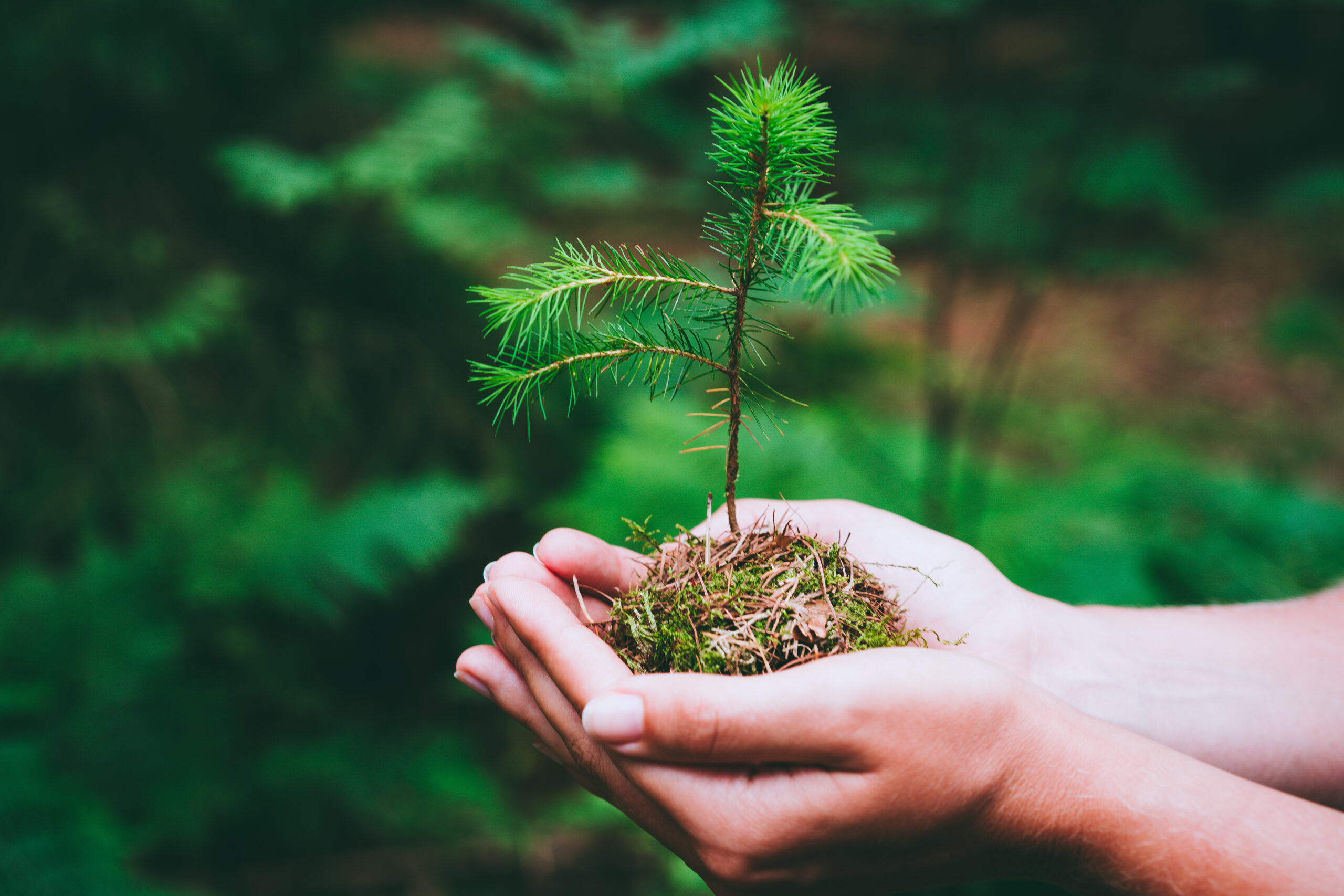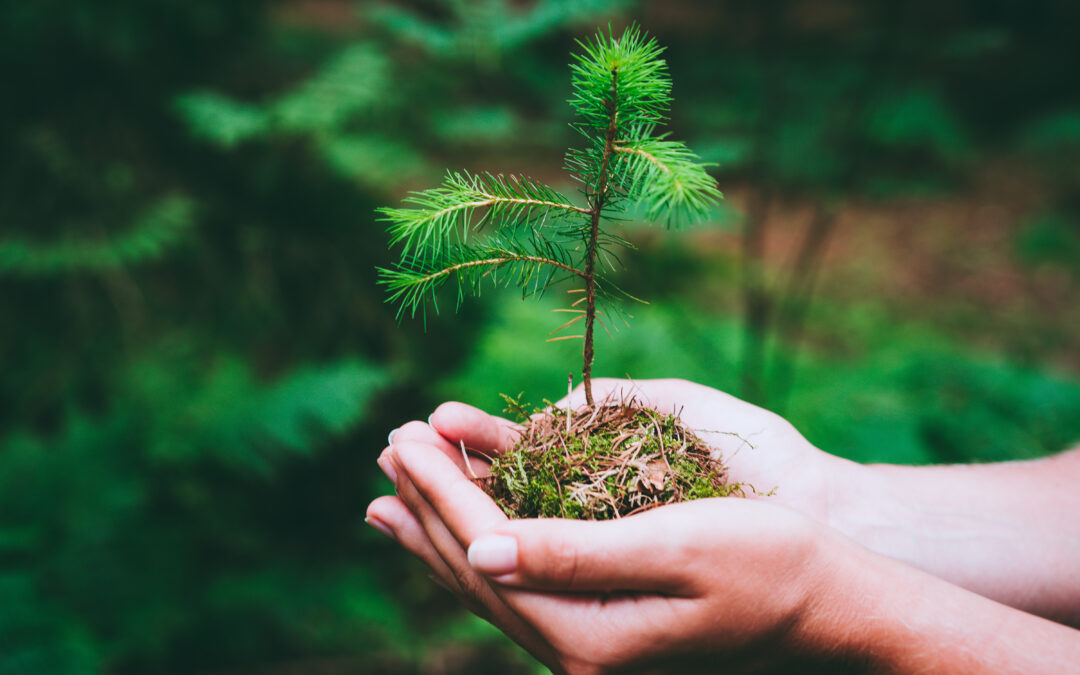Welcome to the world of organic gardening! Whether you’re a seasoned gardener or just starting out, creating an organic garden that is both beautiful and bountiful can be a rewarding experience. In this blog post, we will cover everything you need to know about how to create an organic garden that will blow your mind (and taste buds). Let’s get started!
Introduction to Organic Gardening
Organic gardening is all about growing plants without using synthetic pesticides or fertilizers. Instead, it relies on natural methods such as composting, crop rotation, and companion planting to keep plants healthy and thriving. By choosing organic gardening practices, you are not only reducing your environmental impact but also ensuring that your produce is free from harmful chemicals.
Choosing the Right Plants and Seeds
The first step in creating an organic garden is selecting the right plants and seeds for your area. Consider factors like climate, soil type, and sun exposure when making your choices. You may want to consult with local experts or do some research online to find out which plants are best suited for your region. Once you have selected your plants, make sure to choose heirloom varieties or open-pollinated seeds so that you can save them for future seasons.

Building Healthy Soil for Your Garden
Soil is the foundation of any successful garden, and building healthy soil should be one of your top priorities. Start by adding plenty of organic matter to your soil, such as compost, manure, or shredded leaves. This will help improve drainage and aeration while also providing essential nutrients for your plants. You can also use cover crops, which are plants grown specifically to enhance soil health, and mulch to suppress weeds and retain moisture.
Natural Pest Control Methods
When it comes to controlling pests in your garden, there are many natural methods you can try before resorting to harsh chemicals. For example, you can attract beneficial insects like ladybugs and lacewings to your garden, which feed on common garden pests like aphids and mites. You can also use neem oil, a natural fungicide and insecticide derived from the neem tree, or garlic spray to repel pests.
Harvesting and Preserving Your Homegrown Goodness
Once your plants start producing fruit, it’s time to harvest and preserve your homegrown goodness. Make sure to pick produce at its peak ripeness and store it properly to extend its shelf life. You can also learn how to can, ferment, or dehydrate your produce to enjoy it long after the growing season has ended.
In conclusion, creating an organic garden that is both beautiful and bountiful takes time, effort, and dedication. But with these tips and tricks, you’ll be well on your way to growing delicious, chemical-free produce that will impress your friends and family alike. Happy gardening!





